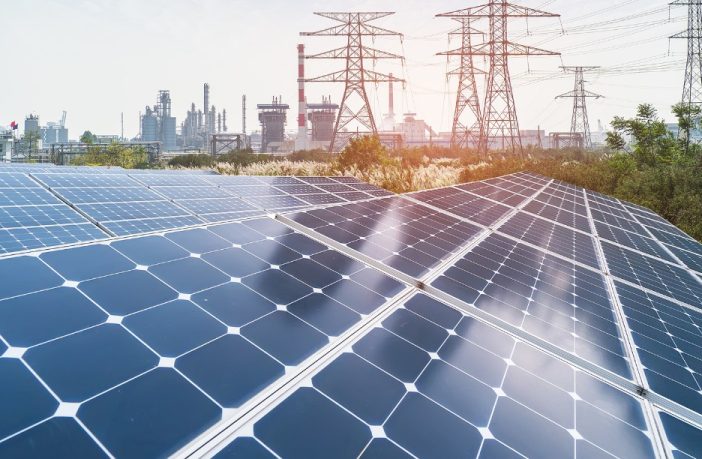- South Africa’s energy transition involves the decommissioning of its highly polluting, centralised energy system (what we are transitioning out of), and the creation of a new green economy powered by renewable energy (what we are transitioning into).
- This transition has implications for patterns of ownership and employment.
- Who gains, and who loses, is a social justice issue.
- Thousands of livelihoods depend on the coal sector – how can these livelihoods be protected?
- And how can an inclusive green economy be built?
- What roles can the private sector play – in particular to fund this?
These questions are investigated in the second of three reports ‘Funding social justice in the energy transition’ released by the Africa Climate Foundation (ACF) this week and produced by Intellidex. The series looks at achieving the scale in our Transition that is required, particularly through a financing lens. The first report looked at reforms needed to achieve scale for a broad range of funding needs including mitigation.
This second report finds that very large amounts of funding will be required to promote positive social outcomes and to prevent deterioration in poverty and unemployment that a completely unmanaged transition would bring about. The scale of financing required necessitates the greater involvement of private capital to complement the efforts of the state – often with the two structured in innovative ways side by side. At present seeing these volumes of funding mobilised is challenging if nothing changes, against the backdrop of a constrained fiscus.
“Many stakeholders and funders of South Africa’s transition at home and abroad are keenly focused on ensuring this is a Just Transition but the nuts and bolts of actually achieving these outcomes, particularly over the time periods involved, is still in the process of being uncovered. The release of this report today goes into detail on the changes and reforms required to get private sector capital – structured in some cases in innovate ways – to start to flow,” says Executive Director of the ACF Saliem Fakir.
The report recommends the following areas of action therefore to mobilise more financing:
- The incorporation of the JET – and specifically the “J” – into existing ESG strategies among financial institutions and companies, while also adopting an approach to ESG investing that sees it as an opportunity to maximise ESG outcomes in society rather than manage ESG risks coming from society.
- Place-based impact investing to foster local economic development.
- Asset managers will need to harness their capacities for innovation in the design of new investment vehicles such as JET funds and transition bonds with appropriate lessons learnt quickly. Similarly, financial institutions can play a large role in broadening access to renewable energy beyond industry and gated residential estates by designing equitable financial products for lower-income consumers.
- Millions of people require skills training that equips them for participation in the green economy. Foundations, investors, employers and government should join forces in the implementation of pay for performance skills and employment services programmes for employment in the green economy. Pay for performance structures are likely to be key in scaling funding for otherwise hard to fund initiatives.
- Finally, community trusts should become active financial actors that build and diversify their asset holdings, expanding their ownership in the green economy and maximising their contributions to local economic development in small towns and rural areas.
But the authors emphasise that much of this is very new, not only in South Africa, and this complicates greater private sector participation in the just energy transition.
Project Principal and Managing Director at Intellidex, Peter Attard Montalto says, “We should not underestimate the hard work and innovation required to achieve funding of JET at scale – without which we will be left only with some interesting small funding pilots and small innovative case studies rather than a broader, dynamic funding ecosystem”. Building this ecosystem through an iterative process of trial and error and continuous learning is a critical precondition for the large-scale flow of funds that will be required.
The report Funding social justice in the energy transition can be accessed HERE
Author: Bryan Groenendaal















